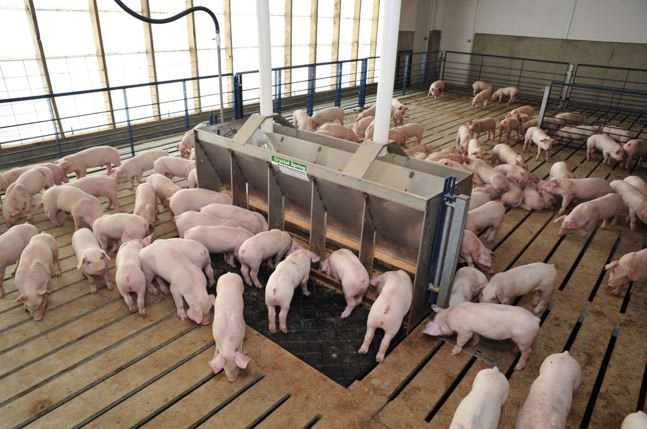Scientists to Examine Potential of Using Dust to Identify Presence of Pathogens in Feed

The Swine Health Information Centre, in partnership with Kansas State University, is spearheading a study to examine the potential of using dust in feed mills to determine whether feed ingredients have become contaminated with disease causing pathogens
by Bruce Cochrane – FarmScape Online
Swine Health Information Centre Executive Director Dr. Paul Sundberg says the objective is to get a validated sampling process for monitoring for swine pathogens in feed mills.
“We don’t know what we’d find,” Dr. Sundberg told FarmScape Online during a recent interview. “We don’t know if we’d find a needle in a haystack or a haystack of needles but we do expect that the common denominator for all of those products is dust.
“Trying to survey specific products for pathogens might be like looking for a needle in a haystack”
“The problem we get into with this type of feed research in the feed mills is that there’s a whole lot of different products that are coming into feed mills and being used every day and from different sources, so trying to survey specific products for pathogens might be like looking for a needle in a haystack.”
The study was initiated in response to the suspicion that imported feed was responsible for introducing the virus that causes Porcine Epidemic Diarrhea into the U.S.
“There’s a dust collector in the feed mill because that’s part of what their equipment is supposed to do, is to reduce dust to reduce risk to the people who are working there,” he said. “The dust samples we look at – a kind of oral fluid sample in a finishing barn – is a sample from the population, not necessarily a sample from a specific product but from all of the products that are in there.”
Dr. Sundberg anticipates the first results later this year or early next year.
“We’re going to start with Seneca Valley Virus or Seneca A and see if we can use that as a model to validate the use of these dust samples.”












